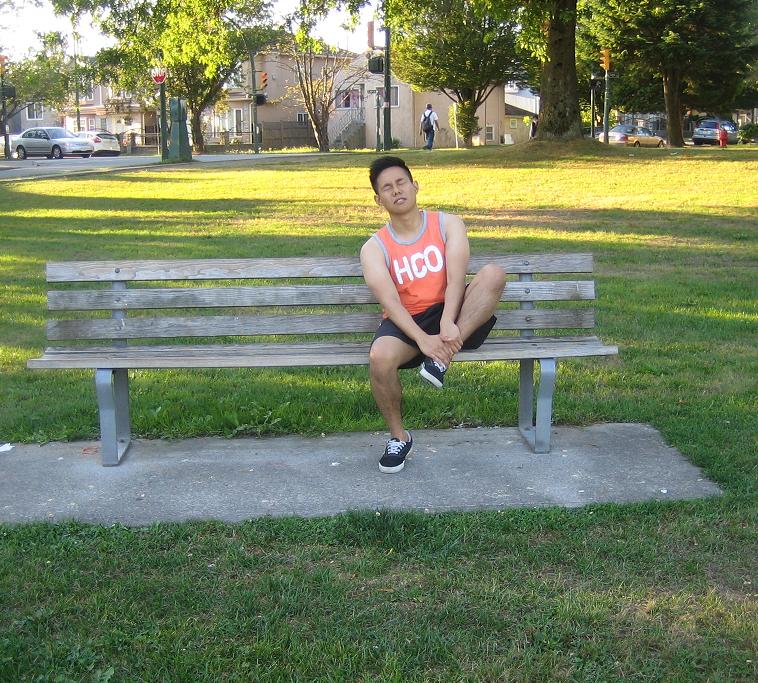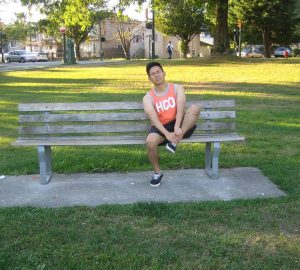Morton’s toe is a common abnormal foot shape typified by a long 2nd toe. Generally, the shape of the foot changes the distribution of pressure on the foot. The variance amid the 1st and 2nd foot bones can result to changes in walking and balance. In addition, it causes long-term pain in the foot and other areas.
Morton’s toe sometimes causes hypermobility of the 1st metatarsal and the big toe which causes diminished stability in the foot. Furthermore, Morton’s toe is considered as an inherited condition.
Symptoms of Morton’s toe
- At first, excessive pressure placed on the 2nd metatarsal head can cause foot pain like metatarsalgia.
- The constant pressure placed on the 2nd toe can cause formation of callus caused by walking or standing.
- Major weight bearing is placed more at the 1st metatarsal joint
- The 2nd toe is longer than the big toe
Excessive pressure placed on the 2nd metatarsal head can cause foot pain like metatarsalgia. - Severe pain
- Low back pain, hip pain and knee pain due to changes in the way of walking.
- Lastly, development of arthritis, bunions and hammer toes
Treatment
- Avoid placing weight on the affected area
- Take the prescribed over-the-counter pain medications such as ibuprofen, acetaminophen and aspirin to lessen the pain and inflammation.
- Apply an ice pack on the affected area to lessen the inflammation and pain.
- Wear shoes with wider toe boxes to provide relief from the condition. Generally, the shoes should have proper cushioning. Avoid wearing those that pinch the toes or high heels during the healing process.
- Use the prescribed orthotic inserts such as a flexible pad that is placed under the metatarsal and toe in the shoe. Generally, this pad will cushion the whole area and change the weight bearing on the toe and increase the range of movement of the foot.
- Massage the affected toe to lessen the pain and relax the muscles.
- Another alternative is making a small foot pad. Cut the shape from an insole and taped to the bottom of toe at the head of the metatarsal bone.
- Seek the help of a physical therapist for some rehabilitation exercises to improve the strength and flexibility of the muscles of the toe.
FACT CHECK
https://en.wikipedia.org/wiki/Morton%27s_toe
https://www.news-medical.net/health/What-is-Mortons-Toe.aspx
https://www.mayoclinic.org/diseases-conditions/mortons-neuroma/symptoms-causes/syc-20351935


